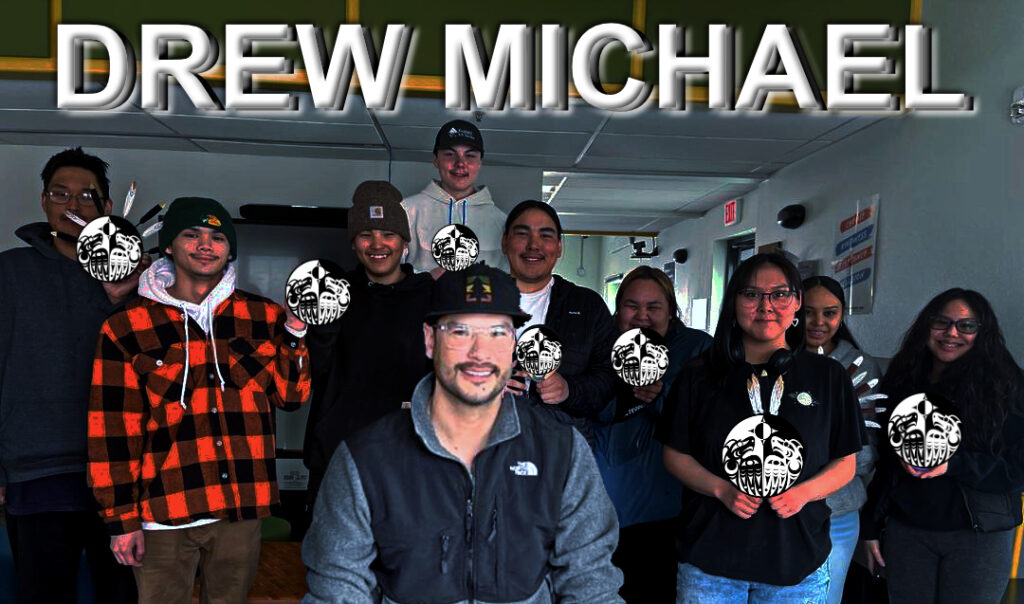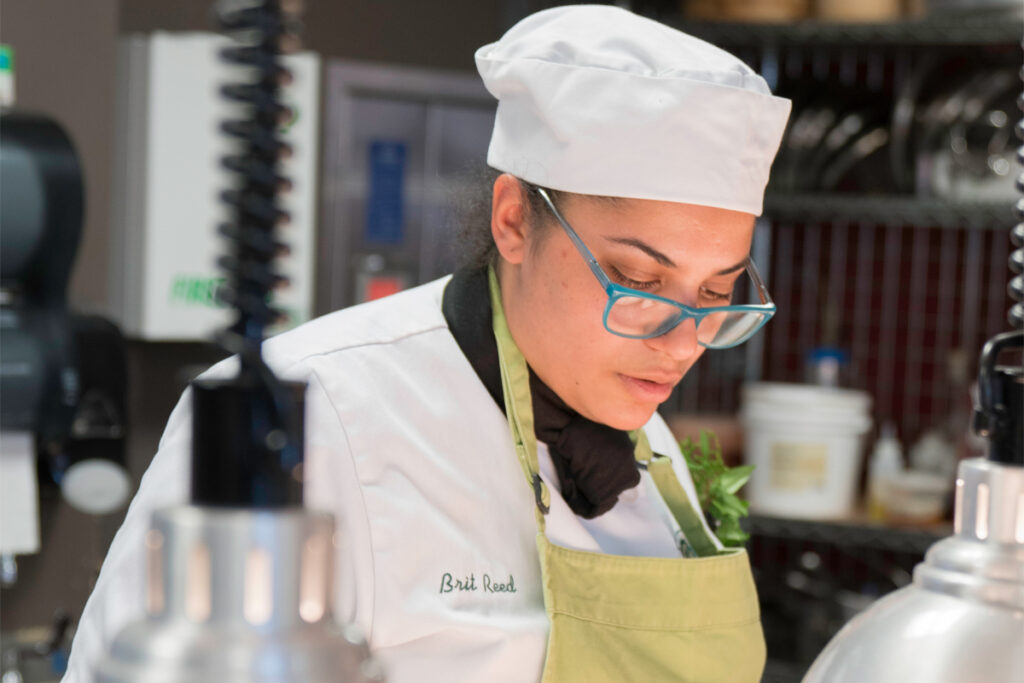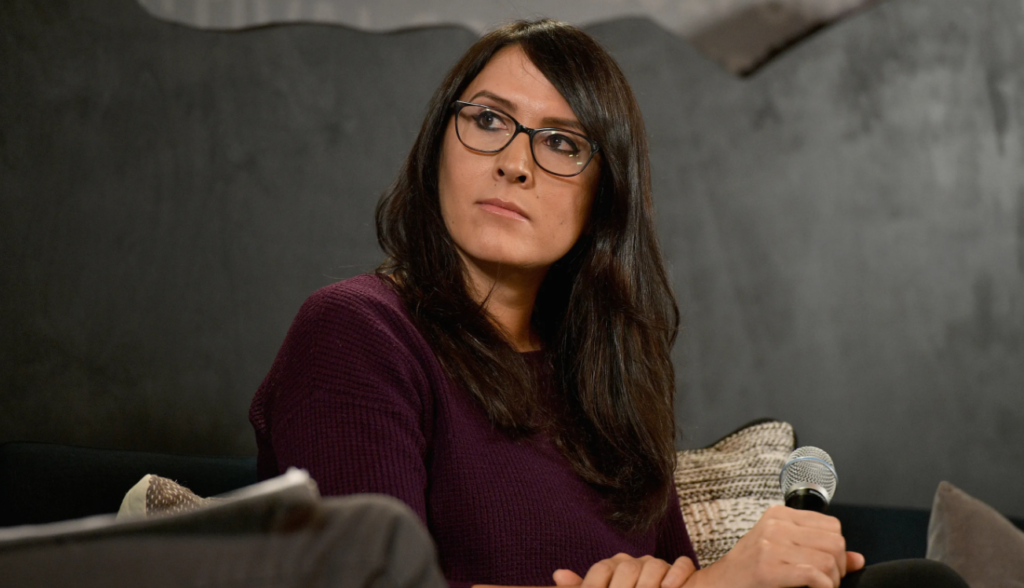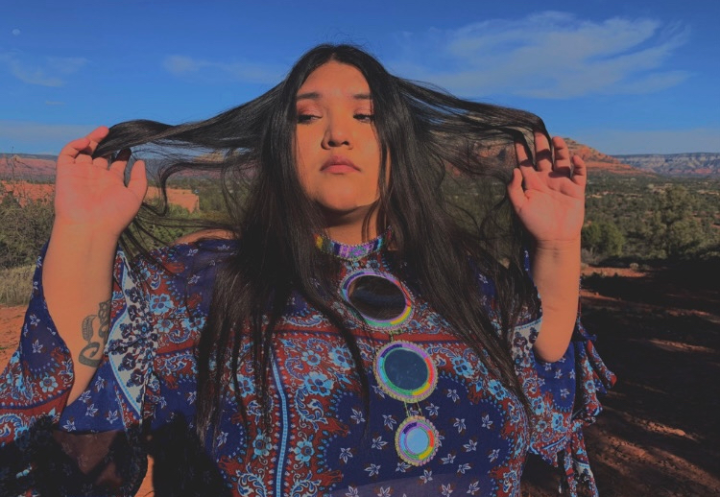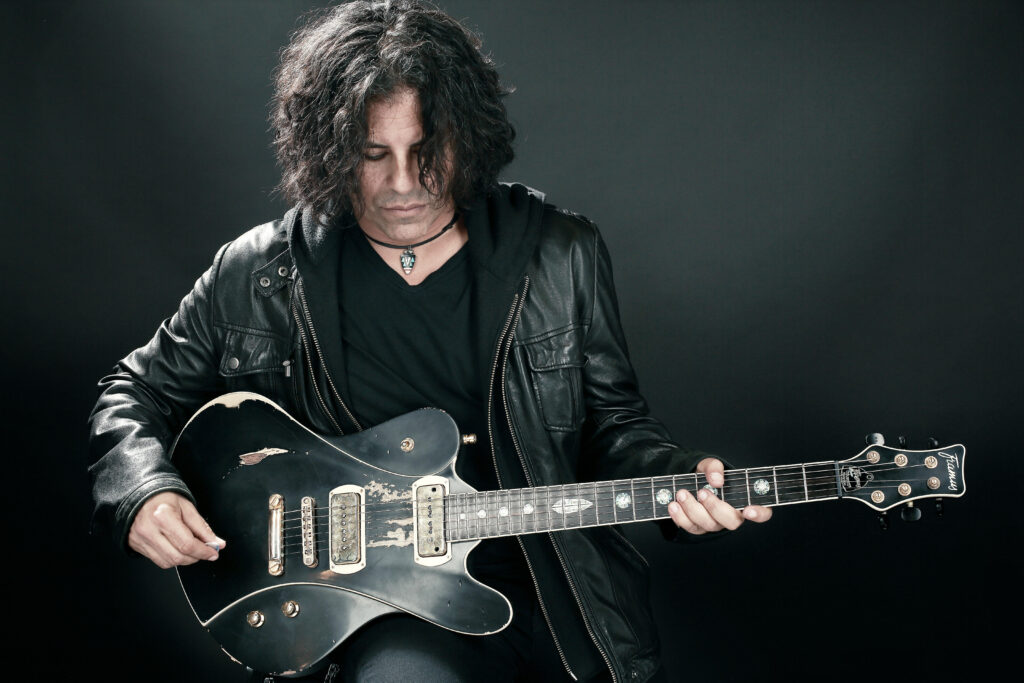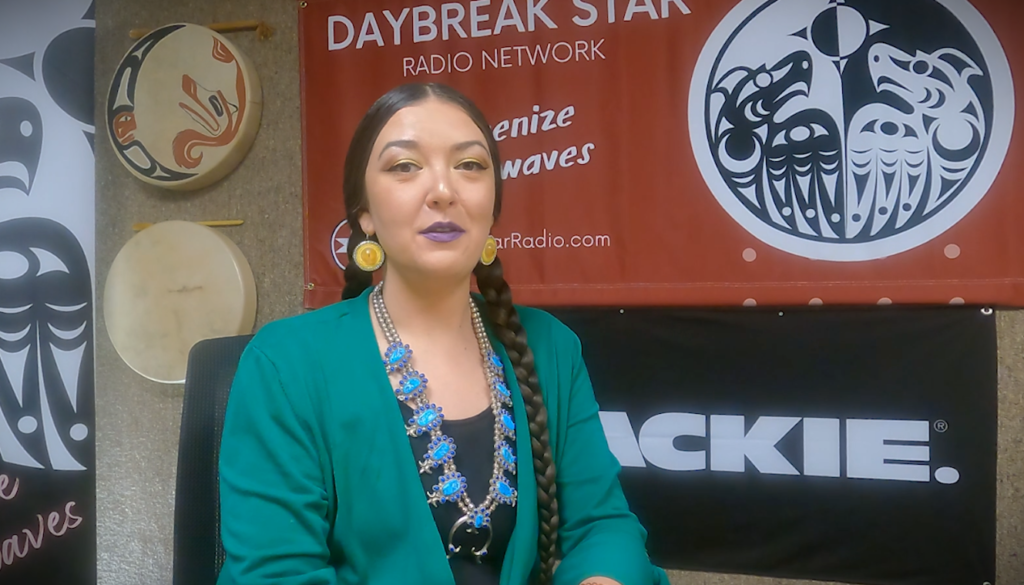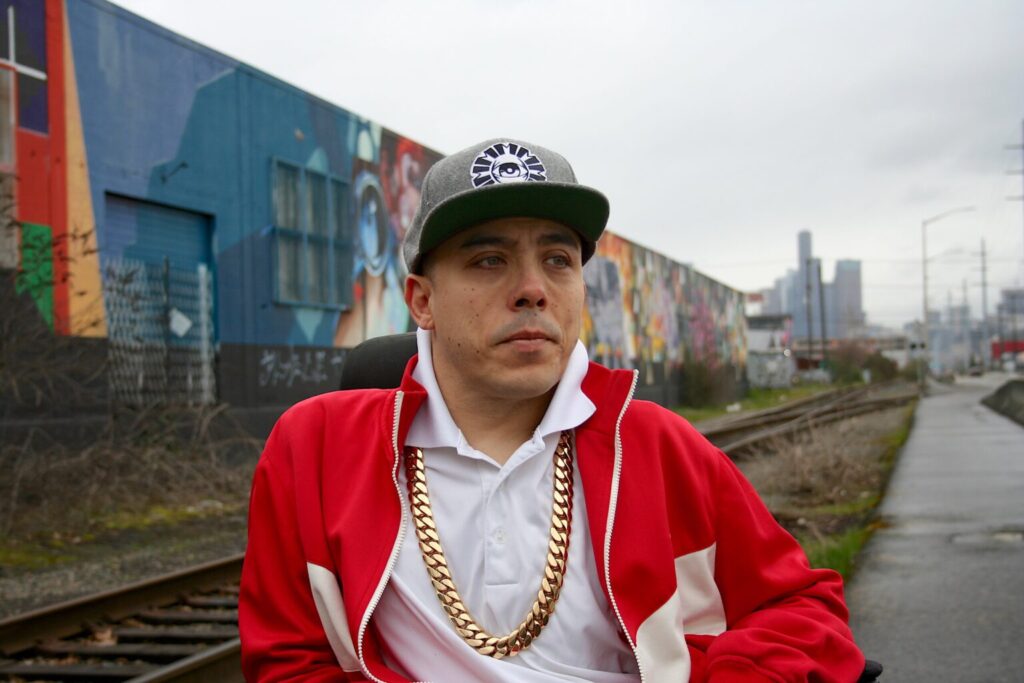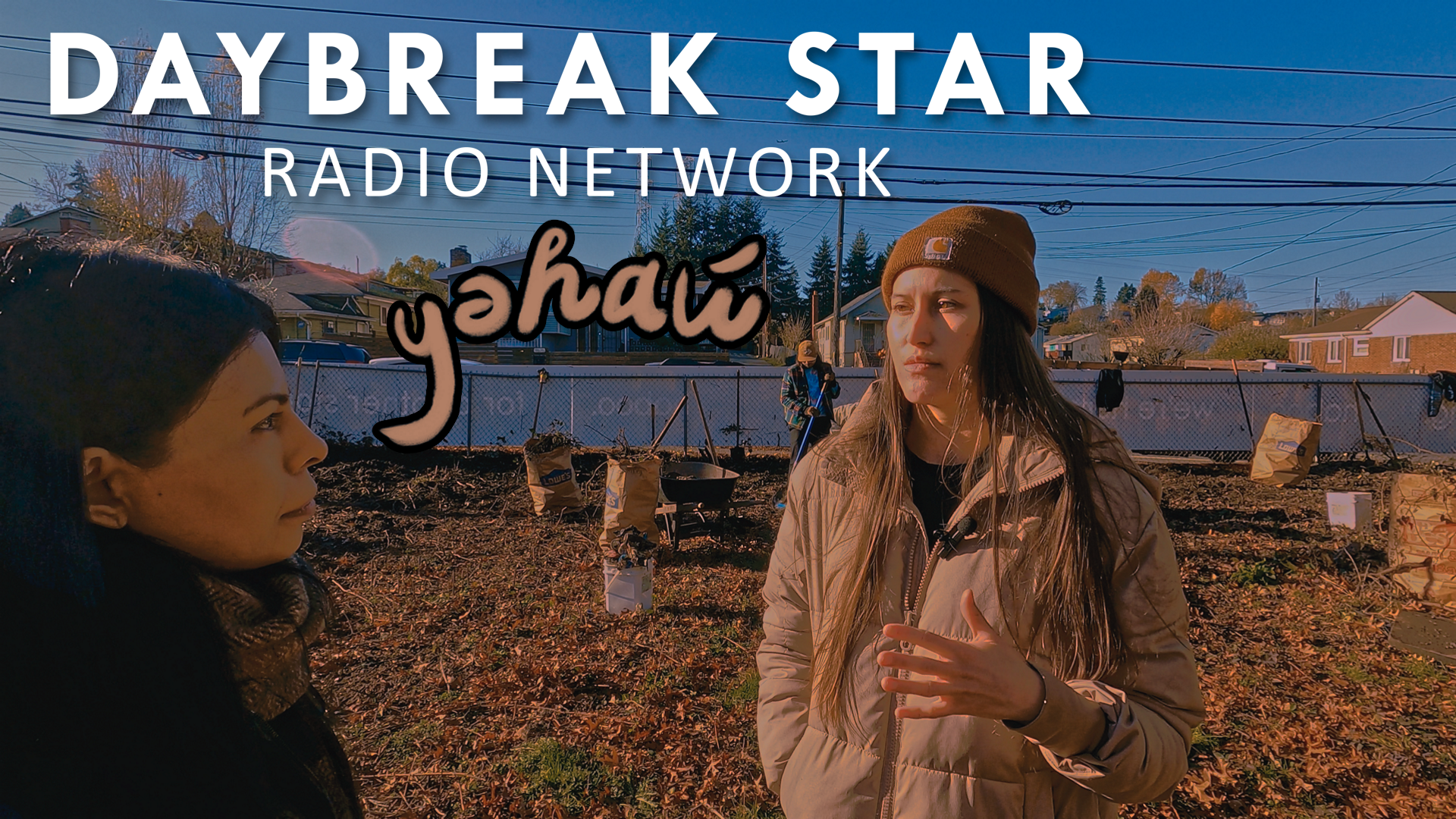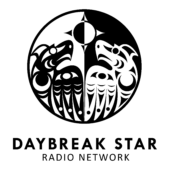Author: Ronnie Mason
Page: 2
Jermaine Jackson, host of The Winner’s Edge on Daybreak Star Radio, recently sat down with basketball great Damen Bell-Holter for an insightful interview. A proud member of Alaska’s Haida people, Damen shared stories about his basketball journey, his dedication to empowering Indigenous communities, and how his heritage continues to shape his mission. From Haida Roots […]
Drew Michael, a talented artist from Anchorage, Alaska, is currently showcasing his work at the Sacred Circle Gallery at Daybreak Star Indian Cultural Center. In an insightful interview with Daybreak Star Radio’s Evan, Drew shared how his art connects to the human condition and how his life experiences shape his creativity. His exhibit invites viewers […]
Recognizing that the land is a relative rather than a resource, reframes the normalization of land commodification, contamination, and exploitation. Native peoples practice land stewardship and understand and foster a literal connection to the land. In this final segment of the Land Stewardship: Dirt Alert blog series, Brit Reed discusses what it means to have […]
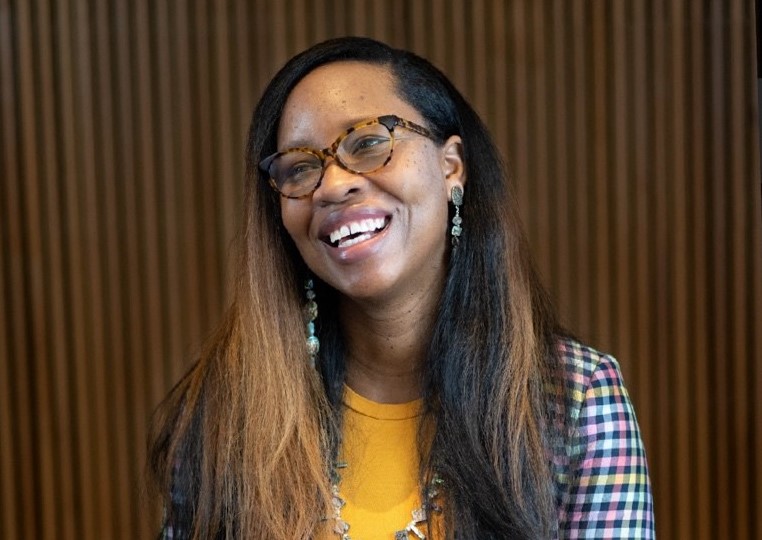
In this segment, Leanne Rye Brock shares the impacts that colonialism has on reproduction, child rearing, land re-matriation, traditional healing practices, and food sovereignty. Through story, research, theory, traditional knowledge systems, Leanne guides us to examine, understand, and reckon with the past, present, and future. Leanne highlights the intersection between traditional healing practices, addressing land […]
Daybreak Star Radio recently featured an exciting interview with Stevie Salas, the renowned Native American guitarist, producer, and filmmaker, conducted by DJ Red and RONN!E. Known for his trailblazing music career, having played with rock legends like Mick Jagger, Rod Stewart, and George Clinton, Salas has made a significant impact both on stage and behind […]
In this interview, Jay S. Ritchie explores the consequences of treating land as a resource rather than a relative, rooted in Indigenous law. Jay discusses extractive values, environmental justice, and the importance of incorporating Indigenous knowledge systems to protect future generations. This powerful conversation calls for accountability and sustainable practices.
In this interview, King Khazm discusses his journey in hip-hop, from early inspirations to becoming a significant figure in Seattle’s hip-hop scene. He shares insights on his creative process, community impact, and overcoming challenges. The conversation offers valuable advice for aspiring artists and a glimpse into his future projects.
yəhaw̓, an Indigenous Creatives Collective, explores how colonialism and capitalism manifest in environmental racism and land contamination. They advocate for healing the land through kinship, practicing Native Knowledge systems, and giving land back. Their story highlights the ongoing impact of colonialism and the strength of Native communities in securing a thriving future for generations to come.

